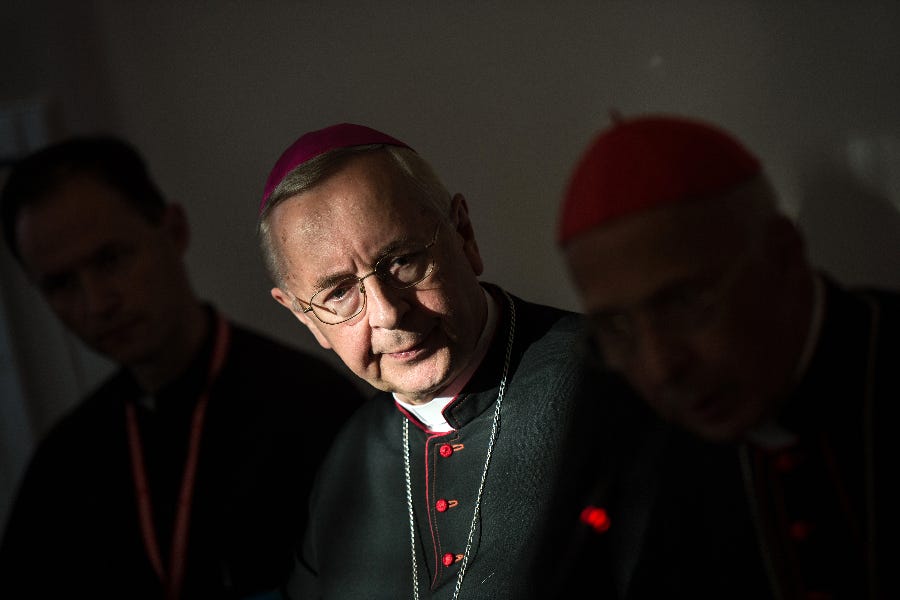Polish bishops to elect new leader, tackle Church-state ties
As the Polish bishops gather for their plenary conference meeting, they have a full agenda - and plenty of controversy
Polish Church leaders will gather in Warsaw Wednesday to elect a new bishops’ conference president and discuss how to respond to plans by the country’s new government to redefine Church-state relations.

The…
